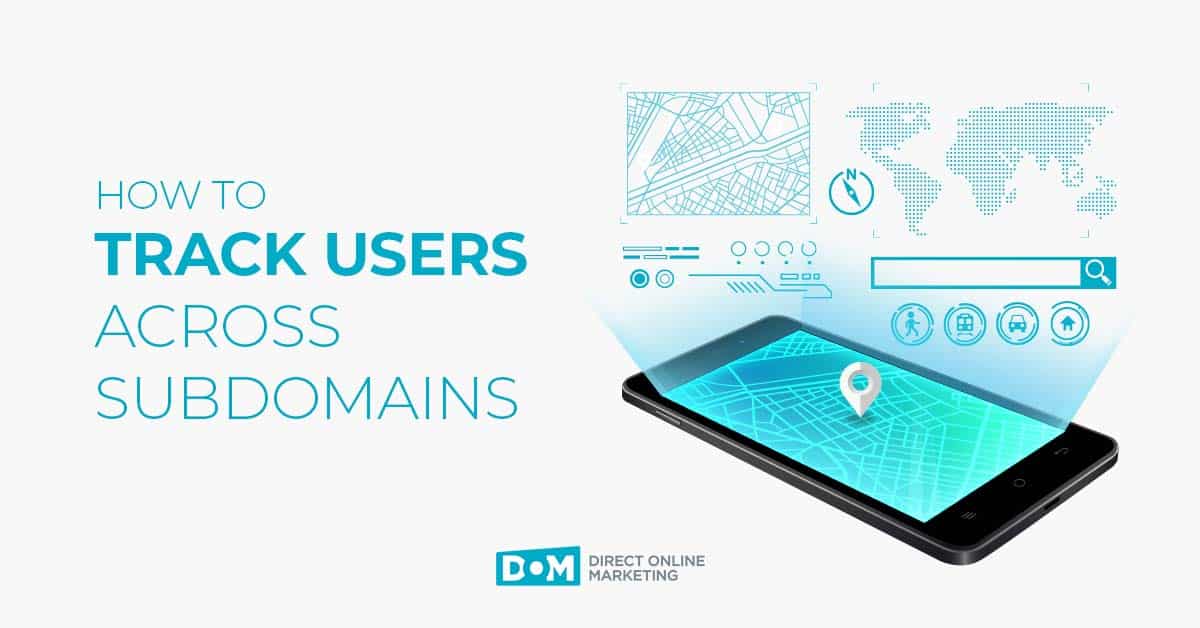Want to be able to use your data to make better decisions to help grow your business? Learn more about our expert marketing analytics services here.

Editor’s Note: Looking for information on why you should be using Google Analytics? Are you still using the traditional version of the platform – Universal Analytics? You are at risk of losing any of your historical performance data in 2023 if you don’t set up and properly configure Google Analytics 4. Learn how the two platforms compare to each other in this blog post – Google Analytics 4 vs Universal Analytics.
You might have heard about Google Analytics and how great it is, but are you secretly a little intimidated? Do you already have an account but get overwhelmed by the data? Or maybe you don’t even know where to start.
Don’t worry…you’re not alone!
Why Use Google Analytics?
Every website owner should make it a high priority to have a solid web analytics strategy in place. We’re focusing specifically on Google Analytics, because it’s an awesome, free resource for gaining actionable insight, but there are other great platforms out there as well.
Without analytics, it’s difficult to accurately measure the return on your online marketing investments because you aren’t capturing trends and results. Web analytics is important to any business with a website, because it captures a huge amount of data and gives you the ability to develop a deeper understanding of how people interact with your site and your business.
– Is your website relevant and helpful to the right audience?
– Does its performance contribute to your overall business goals?
If you can’t answer those questions, you might be missing opportunities. And if you don’t take them, your competitors will. So read on for a few tips on using it efficiently and effectively.
Tip 1: Make sure you’re tracking correctly.
Google Analytics starts with a tracking code placed on your website. After you’ve signed up for a Google Analytics account, the basic tracking code can be found within the Admin section and it needs to go in the <head> section of every page on your site. You may be able to do this on your own or get help from your developer, but the Google Analytics tracking code MUST be set up correctly, since incorrect data is probably worse than no data at all.
There are also a few advanced ways to add the code, so consider your site before jumping in. If you have a lot of content, ecommerce functionality or subdomains, you might want to consider talking to a professional about the best implementation plan for you.
Tip 2: Ask yourself some questions.
Unless you’re an analyst, all of the data can be intimidating (and time-consuming) to decode. Some metrics may be very relevant for your business and industry, but not so valuable for another. Identifying key questions before starting any research can help you get answers faster and stay on track. Google Analytics helps streamline the process and prevent you from going down rabbit holes.
For example, Google Analytics reports can provide answers to these common questions:
– Are my website visitors coming from the right markets?
– Did visitors read my content?
– What devices or browsers are my visitors using?
– Are visitors buying products or contacting me about services?
Try looking at Audience reports for information about your visitors, Acquisition for information about your traffic sources, Behavior for content/site engagement and Conversions for goals/sales data.
Tip 3: Remember the limitations.
Ultimately, Google Analytics is a lot of data, but it doesn’t provide the analysis or definitive answers. It simply lets you draw your own conclusions, so testing and measuring is crucial. Additionally, while Google Analytics provides the original source for visitors, it doesn’t account for offline efforts. Google Analytics can’t attribute traffic to offline efforts, so if you’re using traditional marketing channels like direct mail, billboards and TV/radio commercials, you may see traffic spikes in Analytics as a result.
To sum things up, I encourage you to try Google Analytics (or take a second look). You might find some unexpected opportunities to better reach your target audiences both online and off. Of course, if you have questions or need help, fill out our Contact form or give us a call! Before you reach out or, to get more information on this topic, learn more about our status as a Google Partner Agency.


